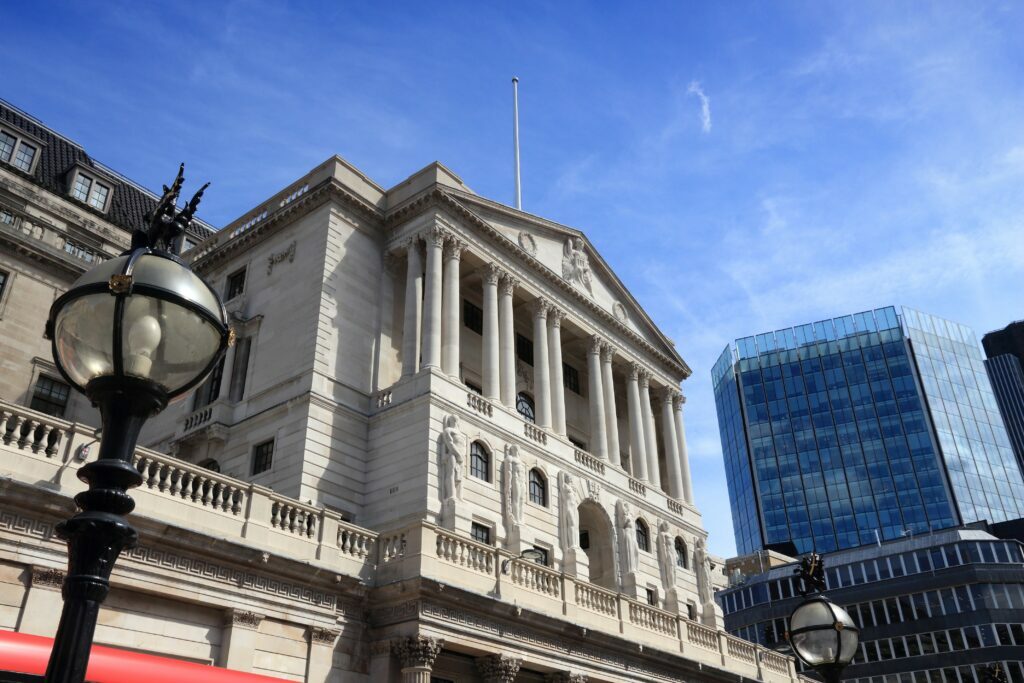
Navigating the labyrinth of financial acronyms can leave even the savviest money managers with a headache. But if you are a mortgage holder, it might be time to become familiar with one important abbreviation: SVR or Standard Variable Rate.
Ups and downs
There’s a good chance you’ll be switched to an SVR when your existing mortgage deal comes to an end. Whether you currently have a tracker, fixed rate or discounted mortgage, being moved to an SVR might mean you end up paying over the odds, perhaps without even realising.
This is because SVRs rarely offer the most competitive rates. The SVR interest rate is usually linked to a percentage above the bank’s base rate, which means it can rise and fall. As a result, you’ll be more vulnerable to potential interest rate hikes in the future.
Switch and save
In a complex environment, getting clear advice can really pay. If you’re locked into a mortgage deal with exit charges, you don’t have to wait until it ends: we can help you find a deal three or six months before your lock-in period finishes. After two Bank of England base rate cuts last year, mortgage rates have remained at record lows, so now could be the perfect time to see if you can save money by switching to a better rate.
As a mortgage is secured against your home or property, it could be repossessed if you do not keep up mortgage repayments.